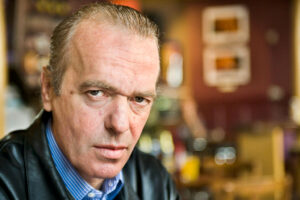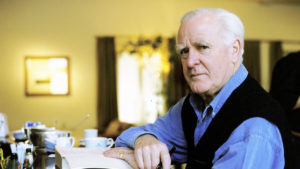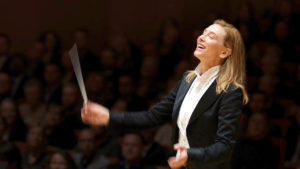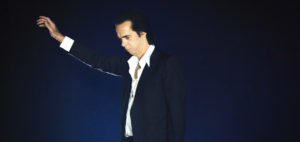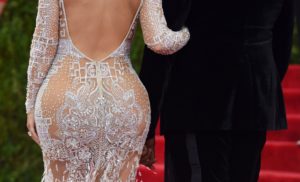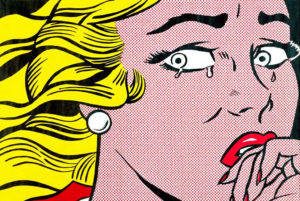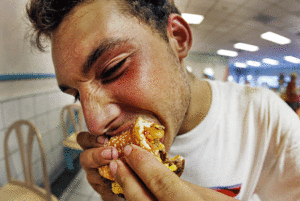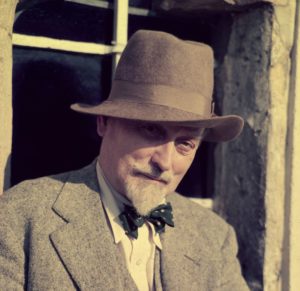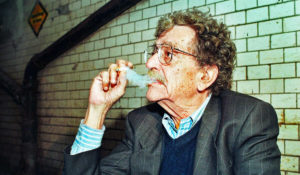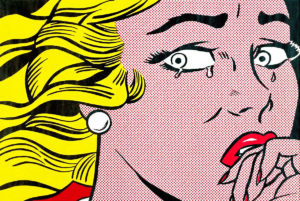English culture has produced a number of cliques and coteries in its day, from the Pre-Raphaelite Brotherhood and the Bloomsbury Group to Macspaunday (otherwise known as the Thirties poets Louis MacNeice, Stephen Spender, W. H. Auden and Cecil Day Lewis). …
Martin Amis knew the horror of words
Years after I first read The Rachel Papers, I bought the copy of Hamlet that Martin Amis had owned as an Oxford student from a book dealer in Charing Cross. It had his undergraduate jottings in the margins and his …
Ingmar Bergman’s moral horror show
It’s not exactly headline news if I insist that the Swedish auteur, Ingmar Bergman, was one of the very greatest filmmakers of all time, but when I immersed myself in his films while living alone last winter, they hit me …
Nick Cave on Christ and the Devil
Nick Cave’s music is synonymous with emotional intensity and artistic restlessness. But in recent years, in both his blog The Red Hand Files and new book Faith, Hope and Carnage, he has become more outspoken on faith, spirituality, censorship and …
Margaret Atwood’s frustrating feminism
If you are the kind of person who absolutely must know where your favourite novelists stand on any given political issue, Margaret Atwood presents a confounding figure. In an era when so many fans demand that artists advertise which side …
The gender wars started in 1531
“A man in his natural perfection is fierce, hardy, strong in opinion, covetous of glory, desirous of knowledge, appetiting by generation to bring forth his semblable. The good nature of a woman is to be mild, timorous, tractable, benign, of …
Jonathan Raban’s final message
A week or so before he died, Jonathan Raban sent me an email:
“I apologise for my dreadful tardiness in reading your manuscript, and promise you an explanation later. Many thanks for your communiques from the ship, and you are …
Bret Easton Ellis: ‘My generation wanted to be offended’
Earlier this week, Bret Easton Ellis visited The UnHerd Club to celebrate the publication of The Shards, his first novel in 13 years. Below is an edited transcript of his conversation with Jacob Furedi.
Jacob Furedi: Bret, you’ve spoken …
Britain’s food wars
In the 18th century, when William Hogarth wished to highlight Britain’s political and cultural superiority to pre-revolutionary France in immediately appreciable terms, he did so through the medium of food, distinguishing between the Roast Beef of Olde England, and the …
The books that made me
“Where do you get your ideas from?” In the days when I wrote for children, I went into schools to talk to them, and this was a stock question. In replying, I used initially to say, “well, quite a lot …
Maus and the repressive power of Jewish trauma
There was a great three-panel comic that the artist Art Spiegelman did for The Virginia Quarterly Review a while back that neatly encapsulates the dubious if nearly universal centrality of the Holocaust in American Jewish life. In the strip, the …
Victor Hugo’s forgotten masterpiece
“To gaze into the depths of the sea is, in the imagination, like beholding the vast unknown, and from its most terrible point of view. The submarine gulf is analogous to the realm of night and dreams… There, in the …
What’s wrong with violent fiction?
I was last asked the question three weeks ago at a panel discussion on crime fiction. The time before that, it was in a written Q&A for a literary magazine. I no longer remember the first time I heard it; …
Harry Flashman’s imperial morality
I suppose it’s only a matter of time before the times catch up with George MacDonald Fraser’s Flashman books. One can imagine the scene: an earnest young editor picks up a copy of the books, drawn to them by the …
All the populist’s men
All The King’s Men is the 1947 Pulitzer Prize-winning novel about an enormously vulgar, crudely powerful and grossly corrupt Southern politician loosely inspired by Louisiana Democrat Huey P. Long. It is an epic portrait of a demagogue who is, by …

